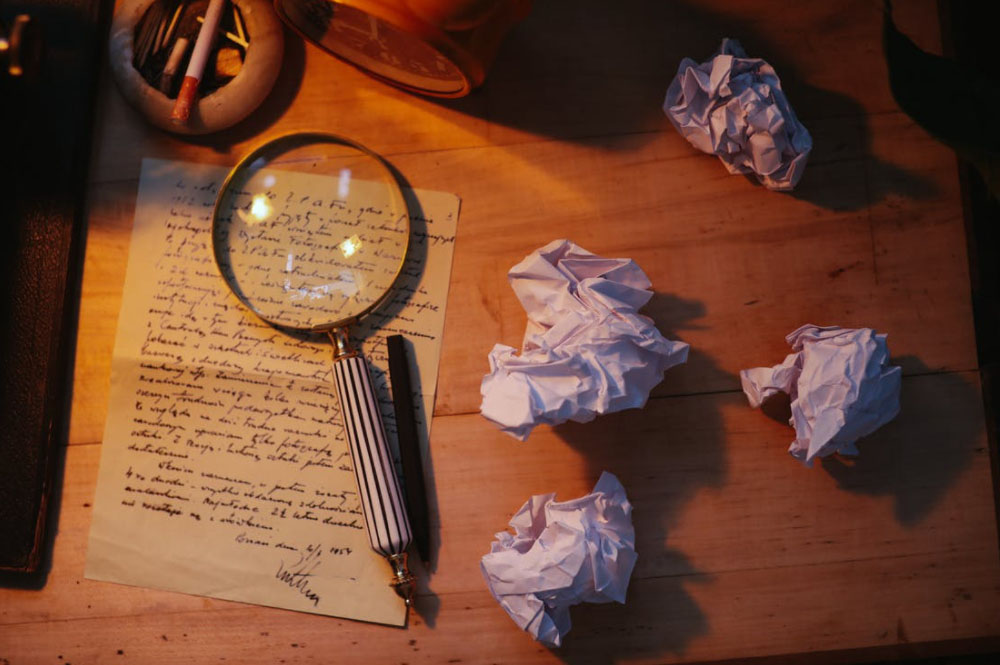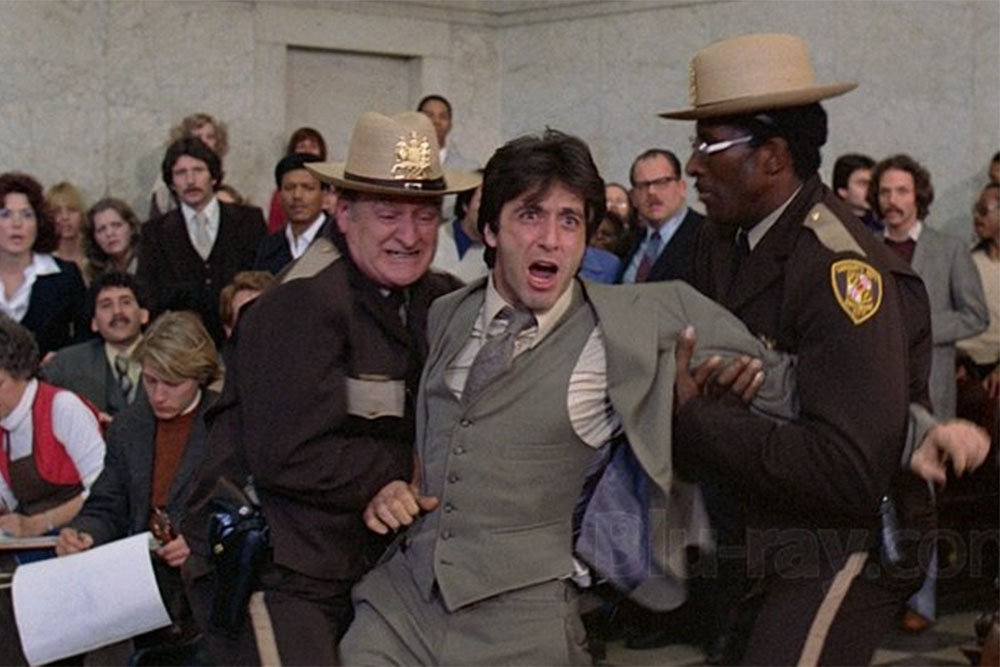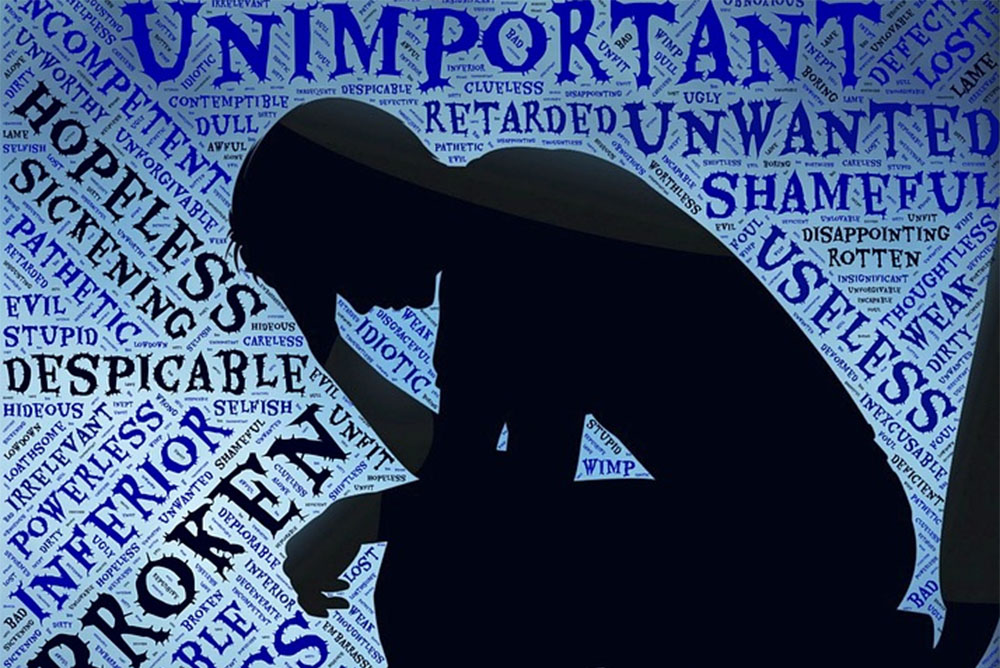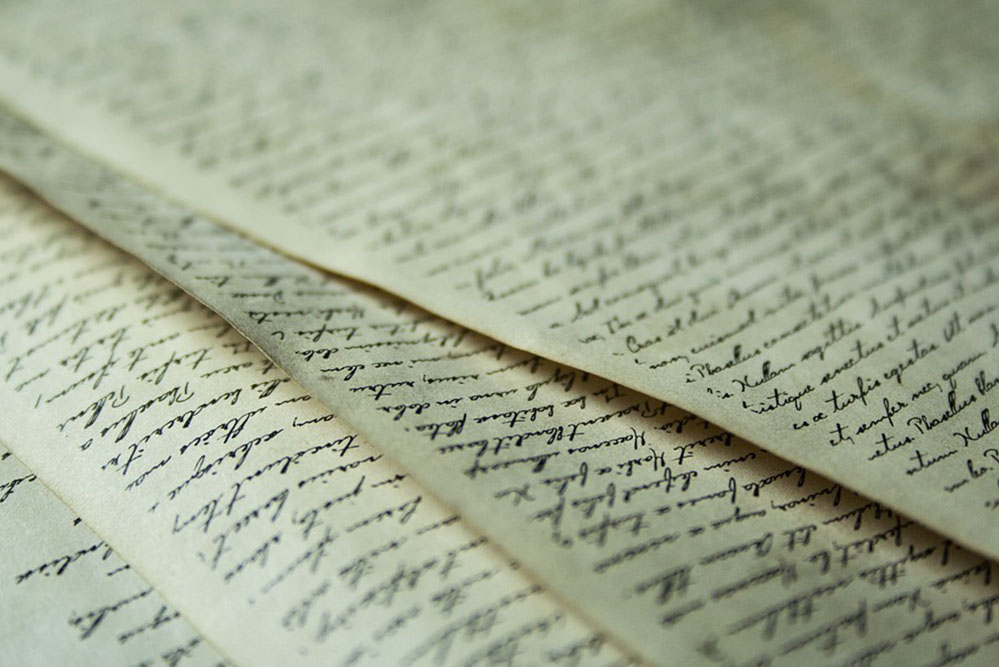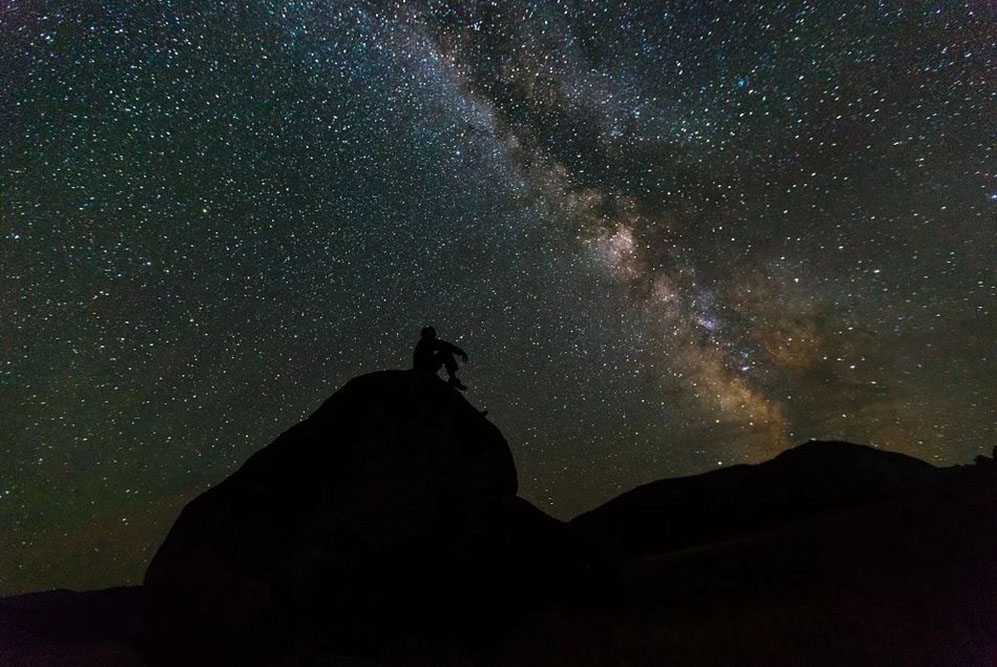The Nature of the “Want”
“To every action there is always opposed an equal reaction.” – Isaac Newton While exploring the nature of the “want” in your story, it’s important to understand that you...
Why Do We Write?
Why do we write? There is nothing logical about wanting to be a writer. The lives of artists can be awful, despairing, regret-filled exercises in futility. Writers and artists can be some of the most...
How Do You Identify the Dilemma in Your Story?
At the heart of every story lies a dilemma from which all tensions and conflicts arise. How do you identify the dilemma in your story? There are two ingredients: A powerful desire A false belief...
What is Genius?
What is genius? I don’t like it when people use the term genius, primarily because I think they misuse the word. I believe that genius is an aspect of our nature, rather than a character trait...
Begin Your Story
There are as many ways to begin your story as there are ways to procrastinate. Beginning to write your book or screenplay is easier than you think. All you have to do is sit down, get out a sheet of...
Using Your Credo to Create Story Conflict
(Image from And Justice for All, 1979) You can’t have story without conflict. As writers, it is important to investigate and become conscious of what we feel strongly about. Find those issues...
Make it Dramatic
“Drama is life with the dull bits cut out.” – Alfred Hitchcock Story moves as the result of complications that arise, not out of plot, but out of character and theme. As our protagonist attempts...
Everything You Need to Know is Within
“If you have a problem with the third act, the real problem is in the first act.” – Billy Wilder The purpose of story is to reveal a transformation. This shift in perception means a...
Act One: Maintaining Tension
“A writer writes not because he is educated but because he is driven by the need to communicate. Behind the need to communicate is the need to share. Behind the need to share is the need to be...
The End of the Story Informs the Beginning
In Steven Covey’s book, The 7 Habits of Highly Effective People, he states: “Begin with the end in mind.” For first-time writers, this is helpful advice. But let’s clarify. When we talk about “the...
Shedding the Idea for Truth in Writing
It’s not just first-time novelists or screenwriters that struggle with getting their story from the imagination to the page. Every writer struggles with this. Here’s the thing: Our idea of our story...
Writing Act Three: Our Hero Accepts the Reality of Their Situation
It can be frightening and exhilarating to realize that our story is bigger than we are, that in fact, it does not “belong” to us, that we are simply a channel. In Act Three of our story, our...
Writing Despite Fear of Criticism
In 2017, Gustavo Dudamel became the youngest conductor of a major orchestra of his time. I remember an L.A. Times journalist urged us not to get too excited about our newest conductor, counseling us...
Finding Your Writing Voice
I work with many first-time novelists, screenwriters, and memoirists, and the question of voice always comes up. “Do you think I have a voice?” asks the first-time writer. “Should it be in a different...
The Real Meaning of “Write What You Know”
Write what you know. We’ve heard this so often. But what does it mean? Does it mean that if I am a mechanic then I should only write about mechanics? Or if I am a woman, I can only write about women?...
Writing Prose
“Prose is architecture, not interior design.” – Ernest Hemingway Our words are in service to our story. When we get too flashy with our adjectives, we may distract and even confuse our reader in ways...
Story Structure as an Experiential Model
There is a structure to the universe. From the smallest atom to the forces that move the planets, there is a universal law. We live in a state of surrendered acceptance to it (whether consciously or...
Show, Don’t Tell
Show, don’t tell—the mantra of every screenwriting teacher. Film is a visual medium in which behavior reveals character. Novelists and memoirists have the luxury of exploring the internal lives of our...

browse by topic
Workshops

Creativity is your birthright. Your sole purpose is to build a body of work.




